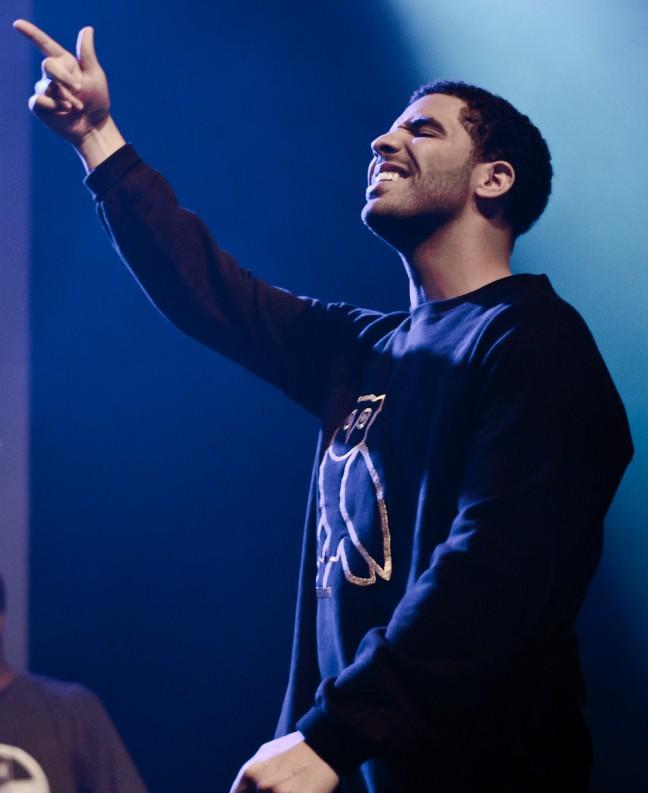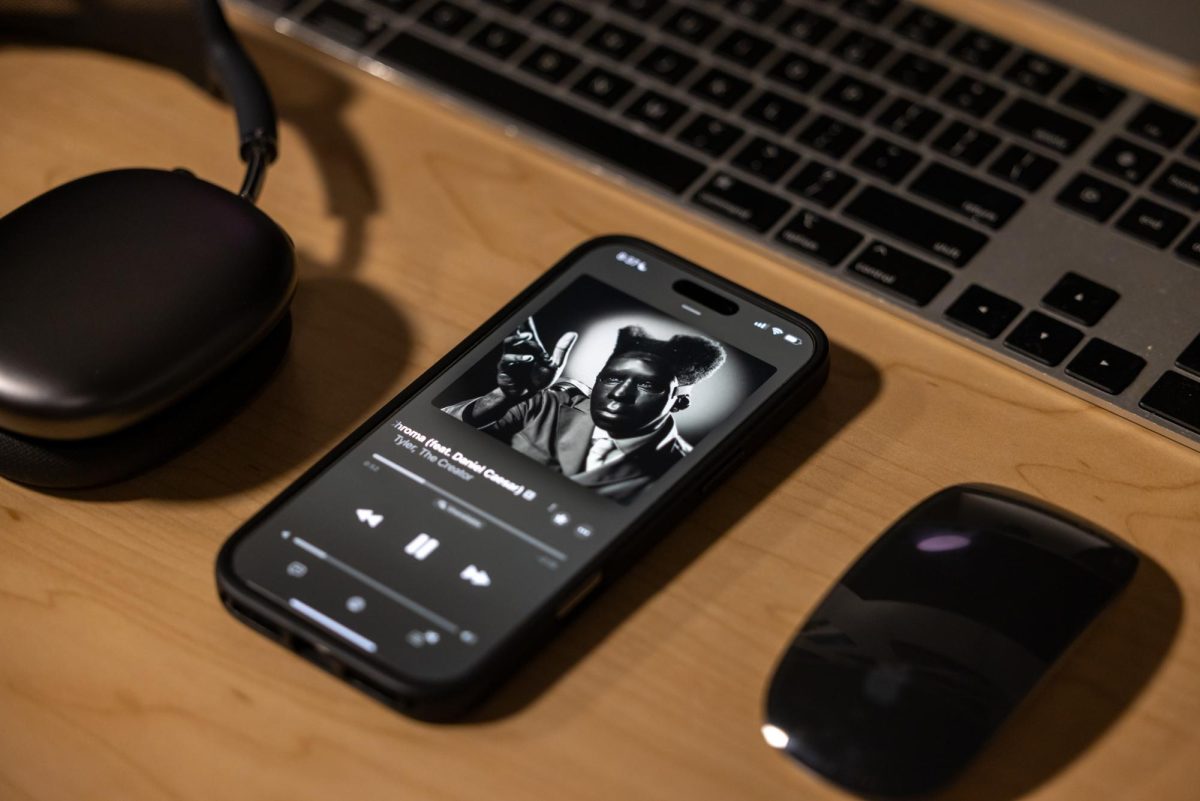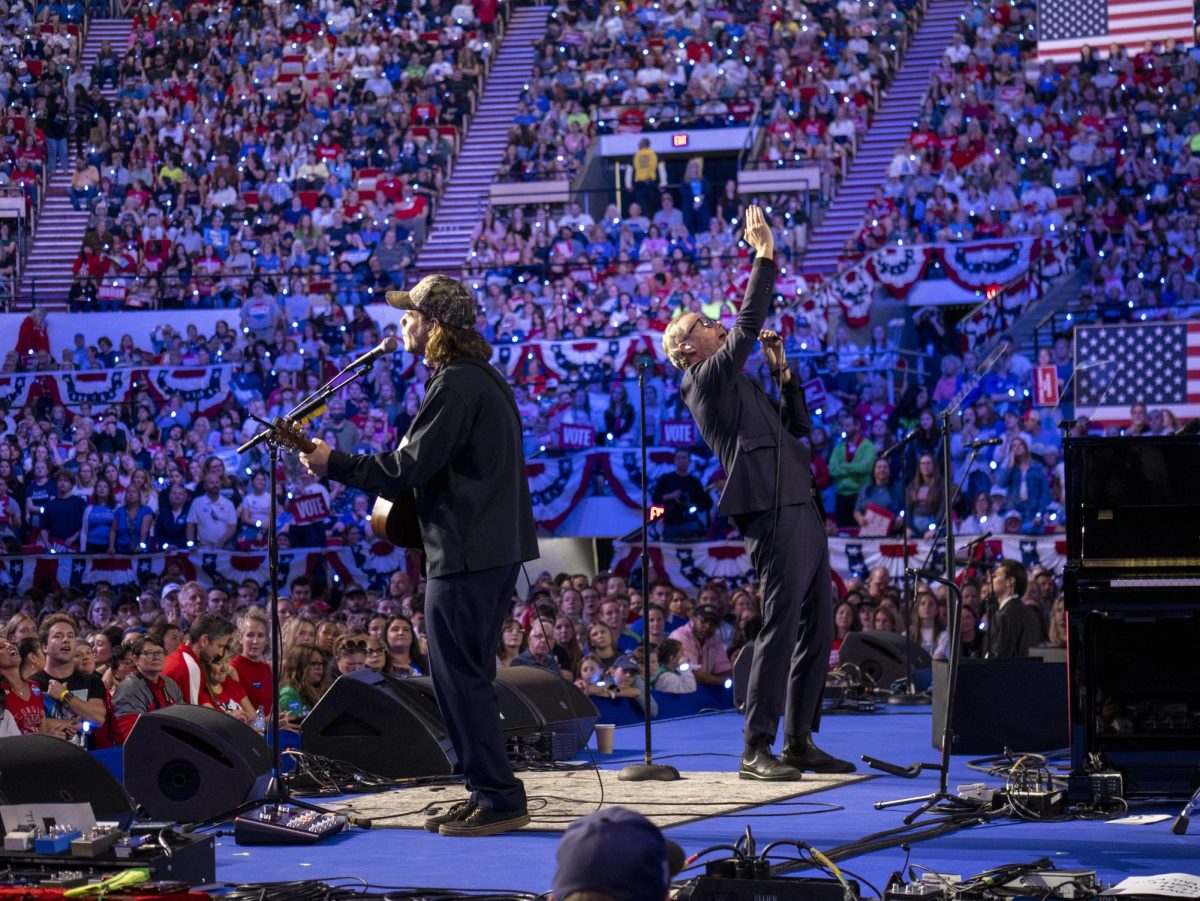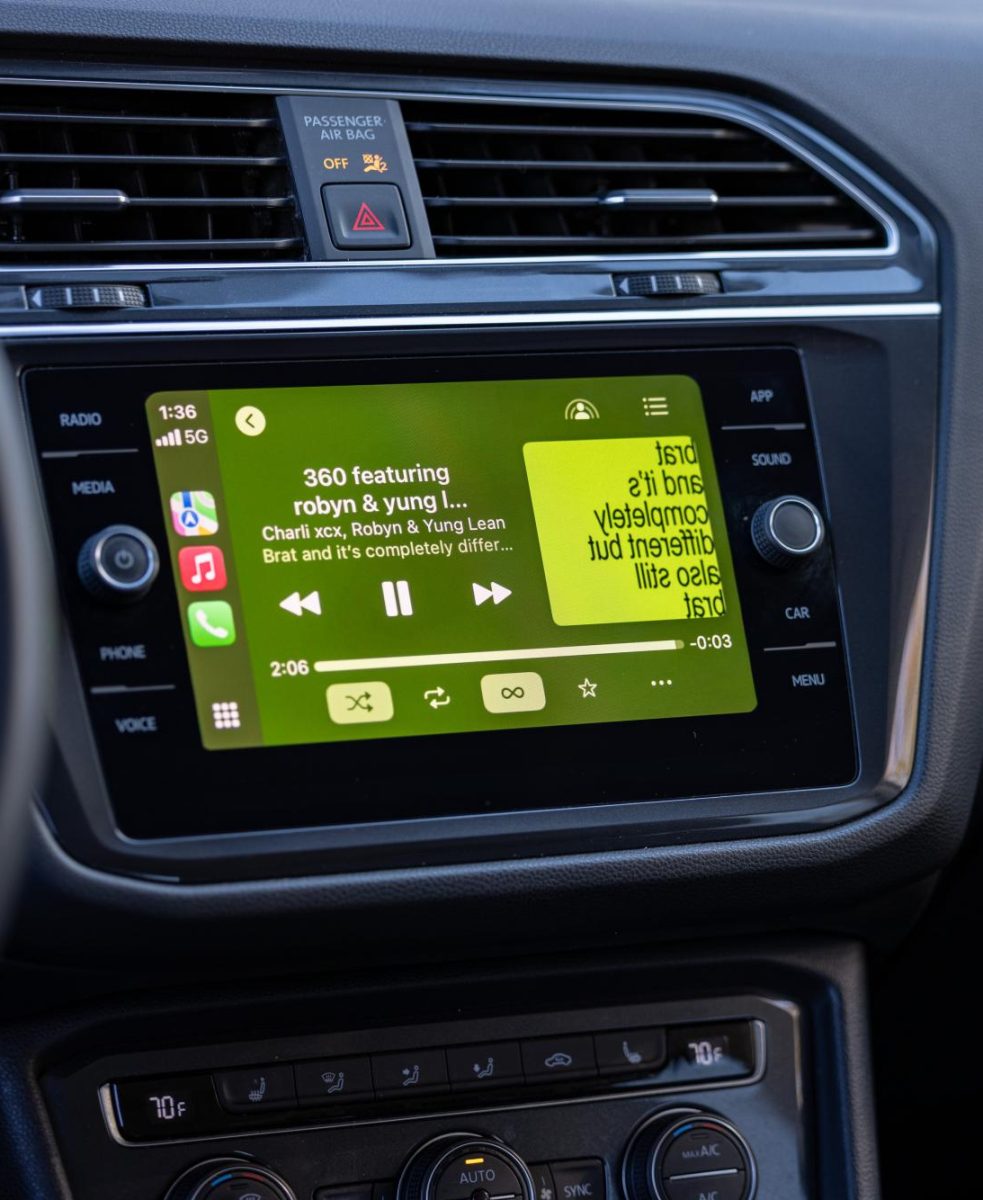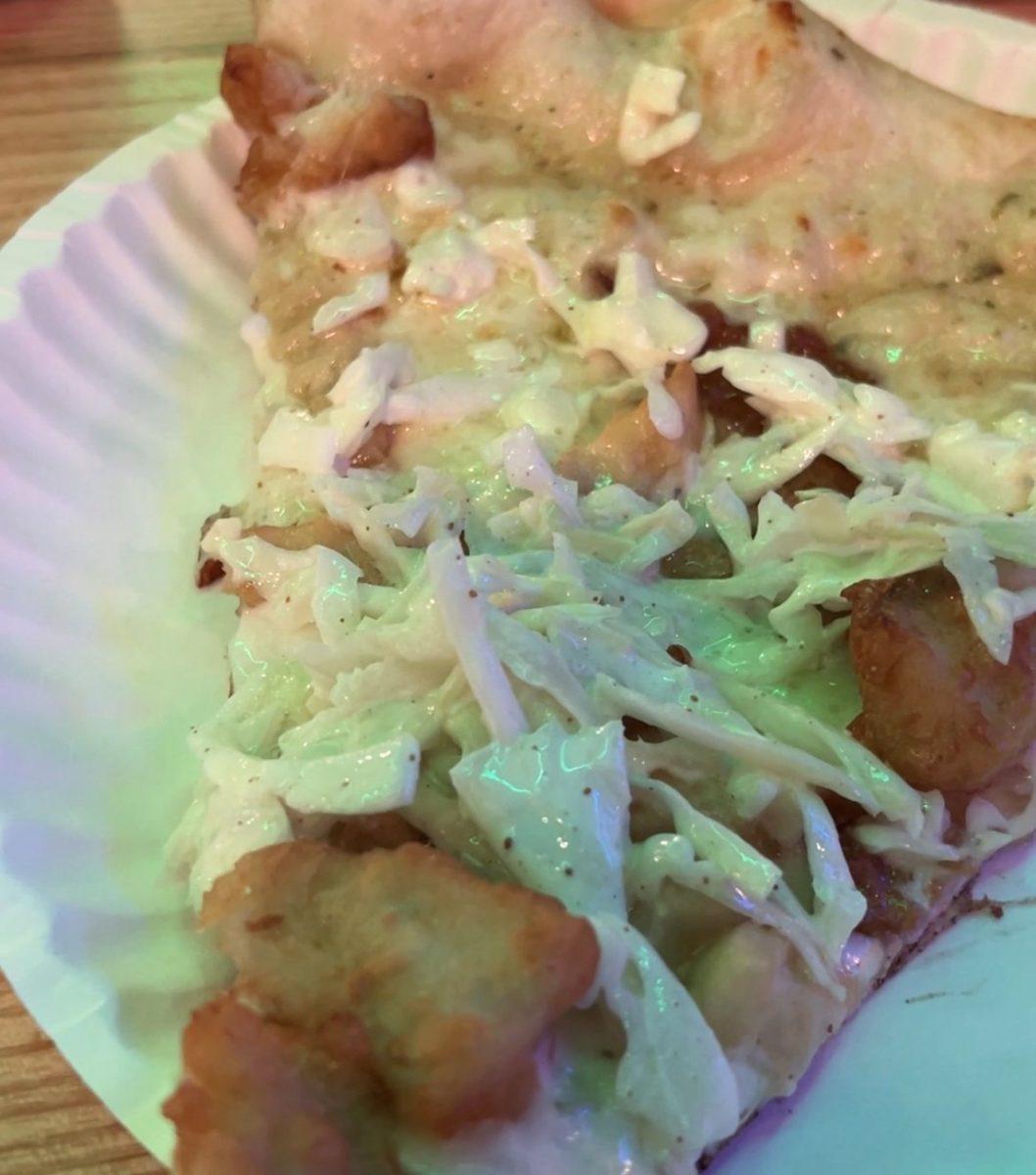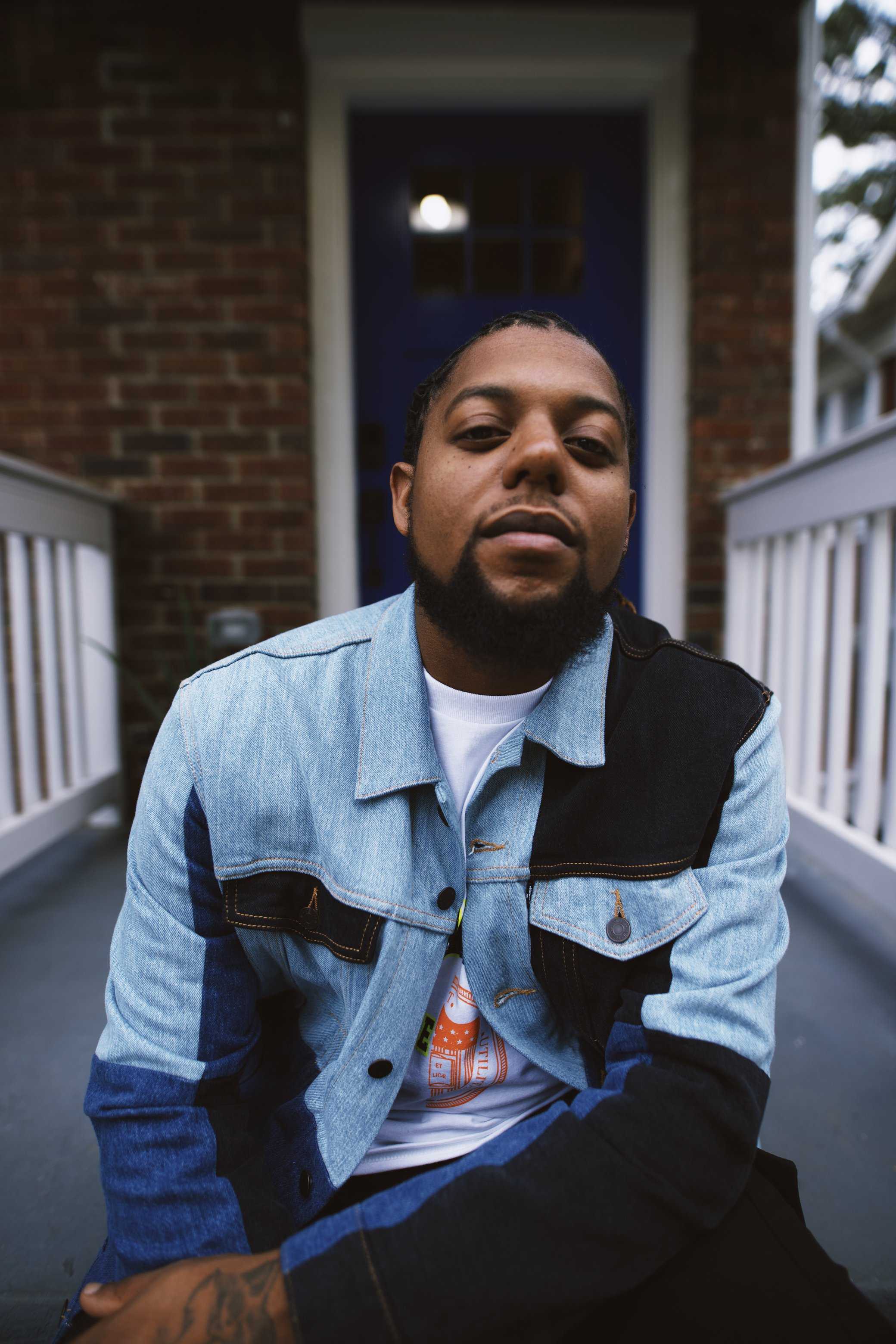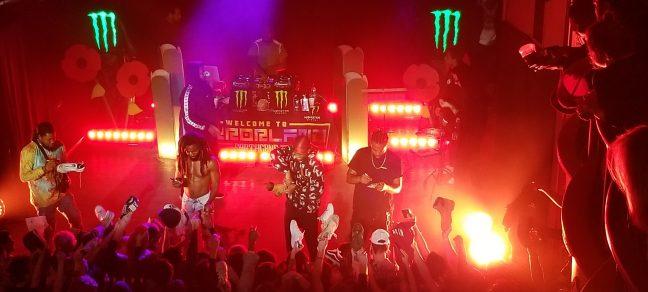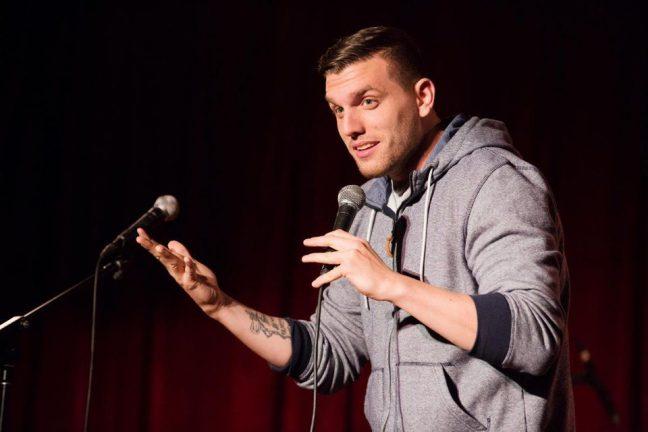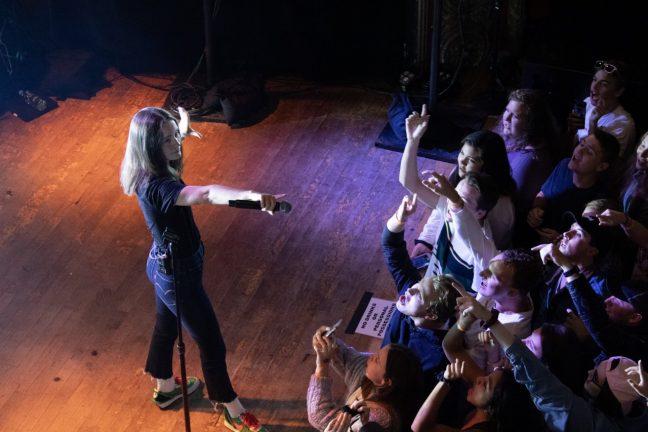Back home in Boston, I would cruise to Drake’s Take Care with the backseat full and the speakers blasting. Take Care appealed to all of us, despite our different backgrounds and interests, because it appealed to the feminine perspective—albeit sometimes derogatorily. Several of the beats produced by Noah “40” Shebib, along with a handful of others including the Weeknd, were incredibly catchy. How could one not bump to “Headlines” while whipping down Hancock Street? It was just too damn good. While Take Care appeals to a wider audience, Drake’s recently-dropped album, Nothing Was the Same, is an introspective step back. It provides the listener with toned down beats and a glimpse at a more reserved Drake.
This album has been called by some his “Drakiest” piece of work to date. I wouldn’t argue with that. Nothing Was the Same is best suited for the Drake supporter. “Started from the Bottom” and “Hold On, We’re Going Home” aside, most tracks are self-reflections on Drake’s past and present relationships sung in 50 shades of gray and supported by beats that spark life. Shebib handled all of the production on Nothing Was the Same, and the producer-rapper duo definitely has something good going on. Take for example “The Furthest Thing:” Shebib’s downtempo matches Drake’s slow flow, making for a smooth trip before an eruption into a joyful burst of sunshine for the third and final verse. The general subtlety of the beats allows the audience to absorb the album’s real emphasis and Drake’s emotional honesty.
Drake delves into the past once more with Nothing Was the Same, discussing in even greater detail the names and histories of his past loves. You might say quite a bit was the same, even the same bravado bragging. On the first track, “Tuscan Leather,” Drake spits lines like “Coming of the last record / I’m getting 20 million off the record” and “Prince Akeem, they throw flowers at my feet.” However, Drake talks about things on Nothing Was the Same that seem more real. His family is a much larger presence than ever before and for a brief moment, Drake reflects on his artistic adolescence. He also handles family with less neutrality on “Too Much”—a soulful track featuring Sampha, which employs a metaphorical hook linking Drake to his current frustrations.
Nothing Was the Same is a solo affair. It explores Drake’s favorite topics: his women, his fame, his past and his present. Drake could be called an expressionist in pure form. A self-proclaimed game changer, Drake stays true to his unorthodox style of flow, hitting his audience with a rhythmic stream of consciousness. As he puts it, “I understand I’m not doing it the same, man, I’m doing it better.” Drake is confident in who he is and unapologetic about those he’s dismissed: “Tables turn, bridges burn, you live and you learn.” But thematically, it falls flat. Drake says himself he has his whole “bucket list checked.” So Drake, you’ve slept around, made millions and plan to make more? Is that all? There’s a lack of vivacity, dynamism and hope in Nothing Was the Same, which signifies a death sentence for the material covered. If Drake makes a fourth album, it can be nothing like his third, which was a cheerless remake of his second.
3 out of 5 stars
http://www.youtube.com/watch?v=P2bOVLsiUw8


